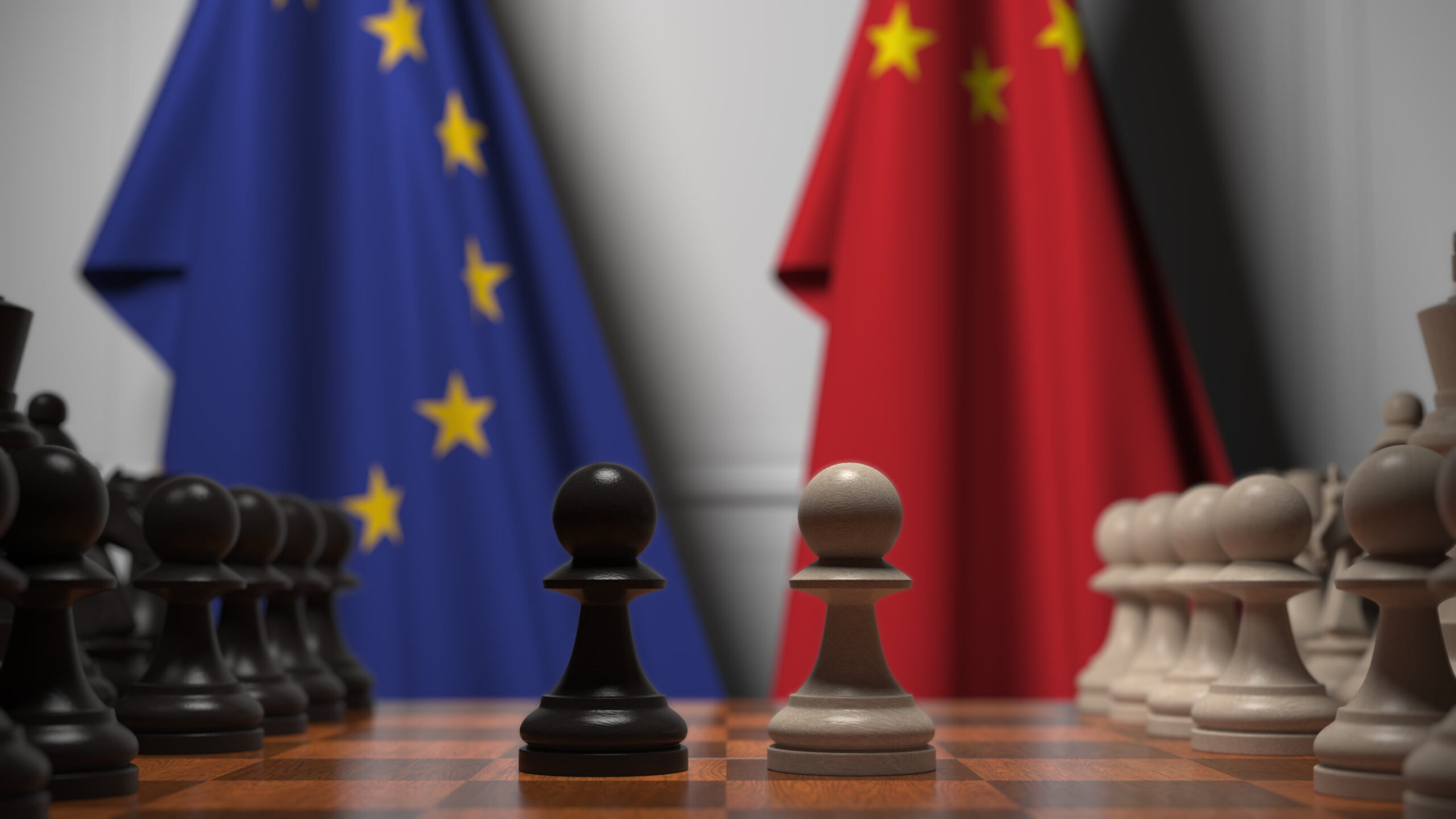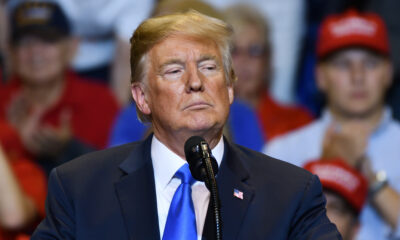China Welcomes EU Citizens Visa-Free

In a strategic pivot toward openness, China has extended a diplomatic hand to Europe amid cooling international relations. Starting December 1, citizens of France, Germany, Italy, the Netherlands, Spain and Malaysia will enjoy visa-free entry into China for short stays. This policy, effective for one year, signals China’s intention to rejuvenate its tourism sector, which stringent pandemic restrictions have heavily impacted.
The move, described as facilitating a “unilateral visa-free policy” by Foreign Ministry spokesperson Mao Ning, is a trial measure aiming to encourage business and cultural exchanges. The exemption allows for a 15-day stay without the necessity of a visa, catering to business, tourism, and family visits.
German Ambassador to China Patricia Flor acknowledged the potential depth this could add to Sino-European relations. Likewise, French Foreign Minister Catherine Colonna, during her Beijing visit, echoed a positive sentiment, celebrating the ease of movement as “excellent news.”
This policy follows the revival of visa-free entry for nations like Singapore and Brunei and the reinstatement of international flight routes. Moreover, the relaxation of measures has seen a gradual uptick in international flights, with a hopeful resurgence to pre-pandemic figures on the horizon.
Despite these efforts, China confronts a reputational challenge. A recent Pew Research Center survey unveiled a prevailing negative perception of China, with issues ranging from COVID-19 handling to human rights and trade tensions.
Nevertheless, Europe’s response has been cautiously optimistic. Germany’s ambassador hopes for an EU-wide application of such measures, which would signify a significant leap in mobility and deepen the intercontinental relationship. The German Chamber of Industry and Commerce (DIHK) has hailed the decision as a vital signal for economic exchange.
China’s strategic realignment through this visa exemption is a direct response to the global sentiment and a bid to steer the economic narrative in its favor. By easing barriers, China aims to project a more welcoming image and foster economic ties that could help mitigate the economic slowdown it faces.
In reciprocation, French Foreign Minister Colonna announced an initiative to allow Chinese students in France to extend their stay, further solidifying the symbiotic intent of cultural and educational exchange.
As global dynamics shift, this policy change from China presents a nuanced opportunity for Europe. While the short-term benefits are clear, the long-term effects will be pivotal in shaping the Sino-European rapport. As airlines resume more routes and the world reopens, the measure could begin a thaw in relations, with economic and diplomatic implications yet to unfold fully.
























